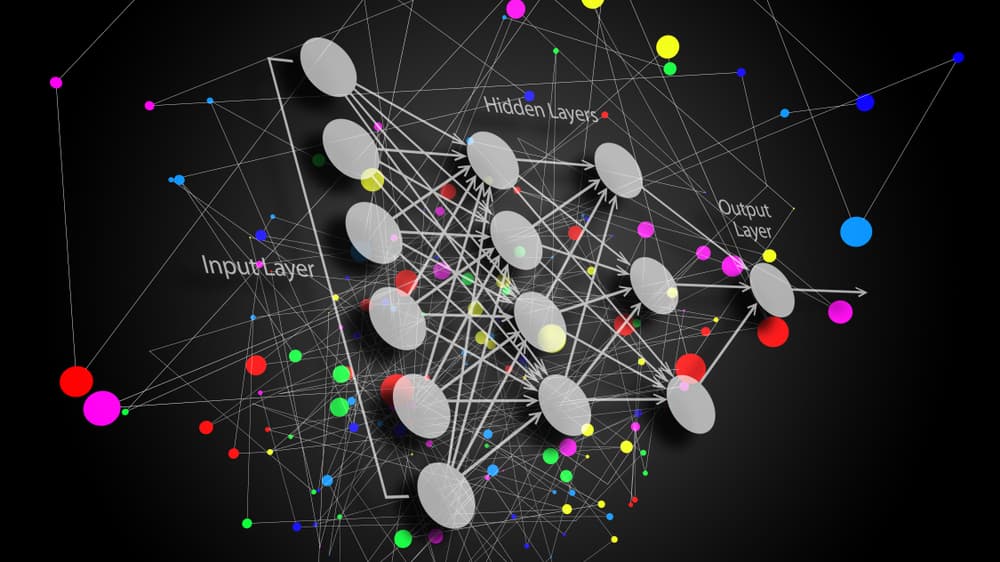Artificial Intelligence in Financial Services

In financial services, Artificial Intelligence is a powerful tool that has already been used a lot. It has a lot of potential for good if companies use it with enough care, diligence, and prudence. People from Bryan Cave Leighton Paisner LLP (BCLP) worked together to write this paper about the pros and cons of AI applications in asset management, banking, and insurance. To help people talk about Artificial Intelligence in Financial Services on the board. When board directors meet with their management team, we give them questions to talk about.
It can be used for risk management, alpha generation, stewardship, chatbots, and virtual assistants, underwriting, relationship manager augmentation, and fraud detection, as well as algorithmic trading and chatbots. In insurance, we look at things like core support practices and things that happen in front of the customer. We also talk about how AI can be used to hire.
People who use AI like the things that happen
There are a lot of advantages to using Artificial Intelligence in financial services. If you automate things, you can make things faster and more efficient. You can also reduce human biases and errors that are caused by psychological or emotional factors. Use these applications when new regulations, like the European Union’s MiFID II, make senior management more accountable for reviewing and evaluating better data from inside the company, which makes them more likely to look for and use high-quality data.
The way people and businesses manage their money is changing because of artificial intelligence (AI).
- Everything from chatbot assistants to fraud detection and task automation can be done with AI and machine learning in the finance industry. Most banks (80%) are very aware of the benefits AI could have for them, according to a report from Insider Intelligence.
- AI will speed up the decision for financial institutions (FIs) to use it because of new technology, more people using it, and changes in regulatory frameworks. Banks that use AI can cut down on time-consuming tasks and make the customer experience better by giving them access to their accounts and financial advisory services at any time of the day or night.
- Allowing less work to be done over and over.
- True positives and human error will be reduced.
- Getting money back:
Using AI to help people with their finances
Those who want to be able to manage their own money are a big reason why AI is becoming more common in personal finance. If a financial institution wants to be a top player in the industry, AI is a must-have. Chatbots that use natural language processing or personalized wealth management solutions are two ways AI can help.
When AI was first used in personal finance, Capital One used Eno.
There was a natural language text-based assistant called “Eno” that was made by a US bank in 2017, and it was the first one. For example, Eno has below features
- alerting
- Customers fraud detection
- Price increases in subscription services.

Using AI to help people with their finances
One of the most important uses for Artificial Intelligence in finance is to stop fraud and cyber attacks. Insider Intelligence predicts that online payment fraud losses will rise to $48 billion a year by 2023. This is why consumers look for banks and other financial services that have safe accounts. It’s possible for AI to look at and find irregularities in patterns that humans wouldn’t notice.
JPMorgan Chase is one of the banks that are using AI to help people with their money.
Chase makes more than half of its money from consumer banking. As a result, the bank has adopted important fraud-detection applications for its account holders. Each time a credit card transaction is made; Chase sends the information about the transaction to central computers in its data centers, which then decide if or not it was a scam. As a result of its use of AI, Chase came in second in Insider Intelligence’s 2020 US Bank Digital Trust survey.
AI in the field of corporate finance
AI is very useful in the field of corporate finance because it can better predict and assess the risks of loans, which is very useful. The use of AI technologies, like machine learning, can help businesses that want to improve their value. These technologies can help improve loan underwriting and cut down on financial risk. Advanced fraud detection and anomalous activity can also help AI reduce financial crime. AI can help accountants, analysts, treasurers, and investors work for long-term growth by spotting suspicious activity as they work together.
AI is being used by U.S. Bank in both its middle and back-office applications.
Customers’ data is unlocked and analyzed by deep learning to help U.S. Bank find bad people. According to an Insider Intelligence report, it’s been using this technology to fight money laundering. It’s been able to double its output compared to the previous systems’ traditional abilities.
Future of Artificial Intelligence in the financial domain
There is a lot of demand from customers for digital services, as well as the risk that tech-savvy startups could take them over. By 2021, global banks will spend $297 billion on IT, which is a lot of money.
It’s becoming more and more common for millennials and Gen Zers to be banks’ biggest customer group in the US, so they’re being asked to spend more money on IT and AI. There are a lot of younger people who prefer to do their banking online, with 78% of millennials never going into a branch at all if they can help it!
According to Insider Intelligence, 72.8 percent of US consumers will use online or mobile banking by 2024. This makes AI implementation important for financial institutions that want to be successful and stay competitive in an evolving industry.
The digital transformation is going faster
There has been a big rise in fintech and new technology over the last decade. This has changed how customers interact with businesses and has changed the financial services landscape. Customer expectations have changed and the industry has had to become more responsive to keep up with the competition, new regulations, and the need for operational efficiency. This has forced the industry into a reactive process where speed to market became even more important. Banks can now easily and quickly connect with new platforms and apps thanks to a new open banking era. Using physical banks and paper systems is quickly becoming obsolete. This is shown by the rise of new digital-only challenger banks.
Conclusion
In terms of technology, AI is like nothing else out there. This is a real-world technology that can be used right now in any business. It came out of the realm of science fiction.
AI technologies will be able to do more and more things as more and more data is available to train them on. NOW IS THE TIME TO WORK ON AI. Competition for AI talent, AI patents, and AI capabilities will get even more intense because there aren’t many barriers to getting in.
AI that is used early will change how financial institutions run, grow, and make money. In an effort to cut costs and improve customer and employee experiences, financial organizations will try to use new, cutting-edge technology. Companies need to rethink how they run their businesses, including how they hire and train their employees. A cultural shift is needed to accept new ways of working and technology.
Artificial Intelligence in Financial Services is used for many different things all the time, and they keep changing and growing every single day. This article talks about important things to think about, but you should keep looking for more information. In other words, AI should not be thought of as a business tool or extension of technology. Instead, it should be thought of as a cultural change that needs to be looked at in a very broad and complex way.




graliontorile
I am extremely impressed together with your writing abilities and also with the layout in your weblog. Is that this a paid theme or did you modify it your self? Either way keep up the nice quality writing, it’s rare to look a great weblog like this one these days..